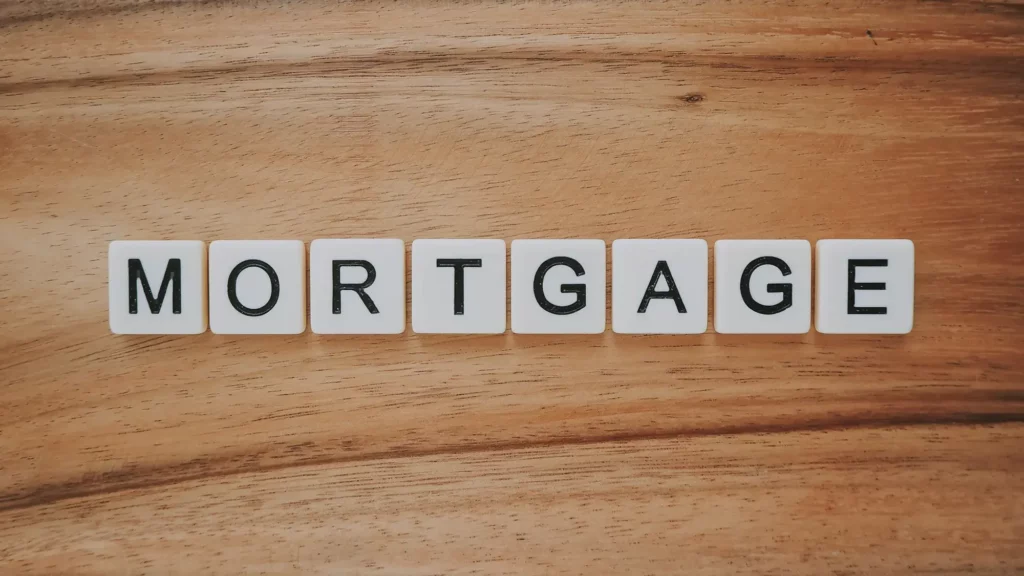
Whether you’re a first-time homebuyer in Chester County or looking to refinance, understanding mortgage insurance is an important part of navigating the home-buying process. A lot of buyers can overlook this cost when they begin to calculate their monthly expenses, which is where our mortgage calculator in PA can come in handy.
While private mortgage insurance might seem like a frustrating added cost, it actually helps many consumers buy homes without saving up a large down payment.
At Penn Street Mortgage, our team will help you understand exactly how to navigate the Pennsylvania housing market so you know exactly what your monthly payment will be based on home price, mortgage rates and potentially private mortgage insurance.
Let’s break down what exactly mortgage insurance is, who needs it and how you can calculate it.
What Is Mortgage Insurance?
Private mortgage insurance (PMI) is a policy that protects lenders from the risk of default and foreclosure. It allows borrowers who might not have a large down payment to qualify for a mortgage. Essentially, it reduces the risk for the lender, making homeownership accessible to more people.
Typically, a borrower is required to pay for private mortgage insurance in Pennsylvania if they put less than 20% down on their home purchase. The insurance policy can be paid upfront or added to the monthly mortgage payment, which is what most home buyers opt for.
In the case that the borrower defaults on the loan, the mortgage insurance policy will pay the lender a percentage of the outstanding balance. For some mortgage loans, like the Federal Housing Administration (FHA) or the Department of Veterans Affairs (VA), the government pays for the mortgage insurance, which helps save homebuyers who can qualify for these programs.
Who Needs Mortgage Insurance?
Borrowers who cannot afford a 20% down payment are usually required to pay PMI. That’s why many mortgage lenders will encourage anyone buying a house to save up at least 20% of the price of the home to avoid having an added monthly fee.
There are a few different types of mortgage insurance, depending on the loan:
- Private Mortgage Insurance (PMI): Typically required for conventional loans when the down payment is less than 20%.
- FHA Mortgage Insurance Premium (MIP): Required for all FHA loans, regardless of the size of the down payment.
- VA Funding Fee: While not technically mortgage insurance, this fee serves a similar purpose for VA loans and is required unless the borrower is exempt due to disability or other service-related criteria.
Can You Avoid Paying Mortgage Insurance?
Besides opting for a hefty 20% down payment, borrowers might consider lender-paid mortgage insurance (LPMI), where the cost of mortgage insurance is included in the loan in the form of a slightly higher interest rate. Another option could be exploring loans designed to avoid mortgage insurance, such as some bank-specific programs or 80-10-10 loans, where you take out a second mortgage for 10% of the home’s price.
Ultimately, the best way to avoid mortgage insurance is to save up a 20% down payment when it’s time to buy a home.
How Does Mortgage Insurance Work?
While approximately 38 million people have private mortgage insurance on their home loans, many people don’t fully understand how it applies to buying a home in Pennsylvania.
Payment Structure
Your mortgage insurance can be structured in several ways, but most commonly, it’s a monthly premium added to your mortgage payment. You can also pay it as a single upfront payment or a combination of both upfront and monthly premiums. The specifics depend on your lender and the type of home loan.
You can head to our Pennsylvania mortgage calculator to help you determine the impact of your PMI payment on your monthly principal and interest payments. With customizable payment terms, you can easily see how different payment amounts will affect your finances. Our user-friendly tool is designed to provide you with valuable information to help you make informed decisions with confidence.
Cost
The cost of mortgage insurance will depend on several factors like the loan amount, your credit score, and your down payment. For conventional real estate loans, PMI typically ranges from 0.3% to 1.5% of the original loan amount per year. FHA mortgage insurance rates might be higher but they do offer options for those with lower credit scores.
Duration
The length of time that you have to pay for mortgage insurance will depend on the type of loan you have and the equity you build in your home. For loans that are not backed by the government, you can ask your lender to remove the insurance once you have paid off 80% of what you owe. By law, the insurance will automatically stop once you have paid off 78%.
However, if you have a government-backed loan, you will have to pay the insurance for a longer period of time. If you put down less than 10%, you will have to pay for the insurance for the entire life of the loan. But, if you put down at least 10%, you will only have to pay for the insurance for 11 years.
Contact our Chester County mortgage company to get your questions answered!
Buying or refinancing a home can be challenging, especially if you don’t have enough money to make a large down payment. But with mortgage insurance, you can still buy a home and pay a lower monthly amount. By paying a small amount each month, you can get a loan with a lower down payment requirement. This means you can buy a home sooner and start building equity.
At Penn Street Mortgage, our dedicated team of mortgage brokers is here to guide you through every part of the real estate process. If you’re ready to explore your mortgage options, contact us today! Let’s get started on making your dream of homeownership a reality.
